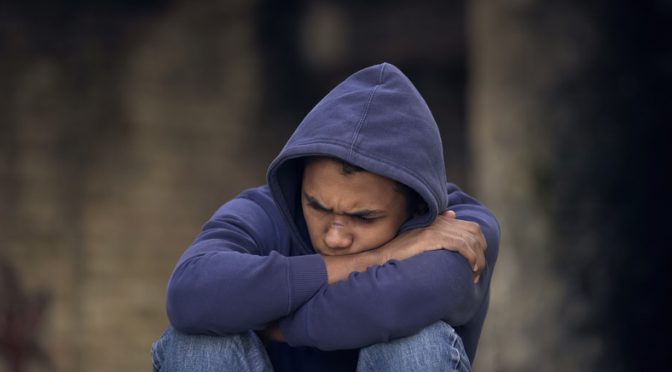New research confirms what many school counselors have witnessed firsthand: Black and Hispanic students who live near police killings experience significant negative impacts to their educational and emotional well-being.
Those findings are included in a working paper published this week by Desmond Ang, an assistant professor of public policy at the Harvard Kennedy School (MA).
Ang explained his research in a recent article published by Education Next:
“Examining detailed data on more than 700,000 public high school students and over 600 officer-involved killings in a large urban county, I found that police use of force has large, negative spillovers on educational achievement and mental health. Students living near an officer-involved killing experience significant decreases in grade-point average and increased incidence of emotional disturbance lasting several semesters. These effects are concentrated among underrepresented minorities. While white and Asian students are unaffected by exposure to police killings, black and Hispanic students are strongly and negatively impacted by these events, particularly when they involve unarmed minorities. Ultimately, students exposed to police violence are significantly less likely to graduate from high school or to enroll in college.”
Ang hypothesizes that the negative effects experienced by students increase when an unarmed individual is killed. Those deaths, he posits, may be “particularly traumatic because they arouse longstanding concerns about police misconduct and institutional racism.”
And while his research found that students living near the site of a police killing are more likely to be affected than their peers in neighborhoods further afield, Ang noted that high-profile incidents, such as the recent death of George Floyd, could affect students far beyond Minneapolis.
“Considering that roughly a thousand people are killed by police every year in the United States, understanding the social impacts of police violence on underserved communities may be critical to redressing persistent racial gaps across a range of domains,” Ang noted.
Read Ang’s full article in Education Next and view his working paper.
Admitted writer/editor Mary Stegmeir welcomes additional comments and story ideas at mstegmeir@nacacnet.org.

